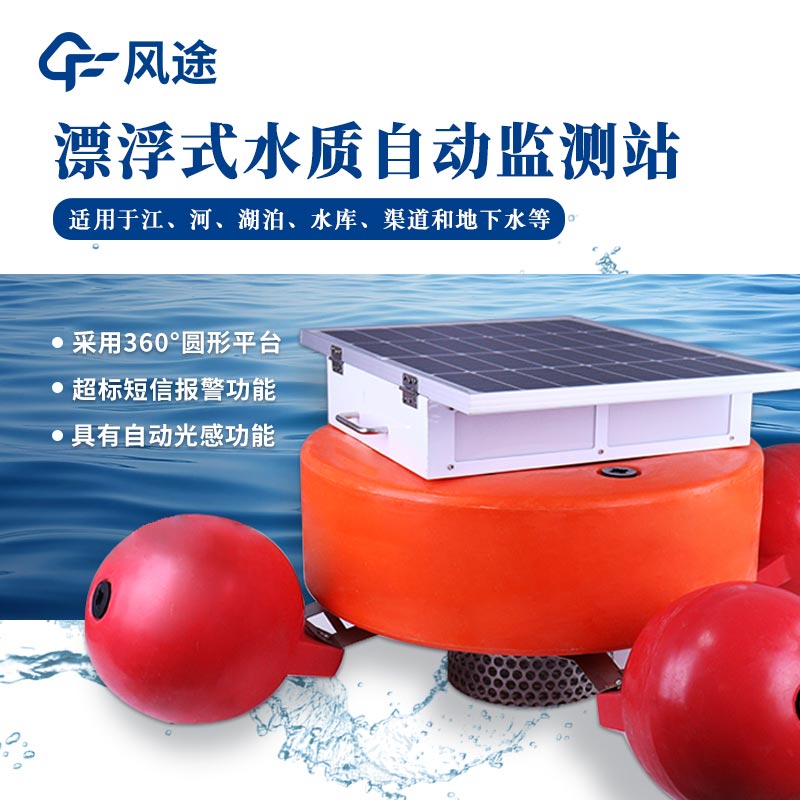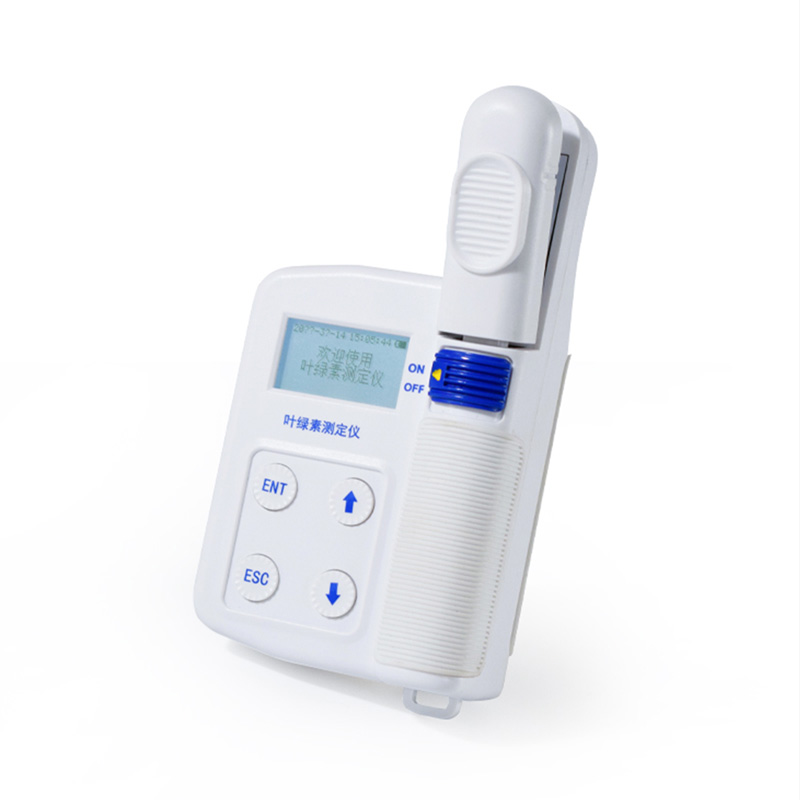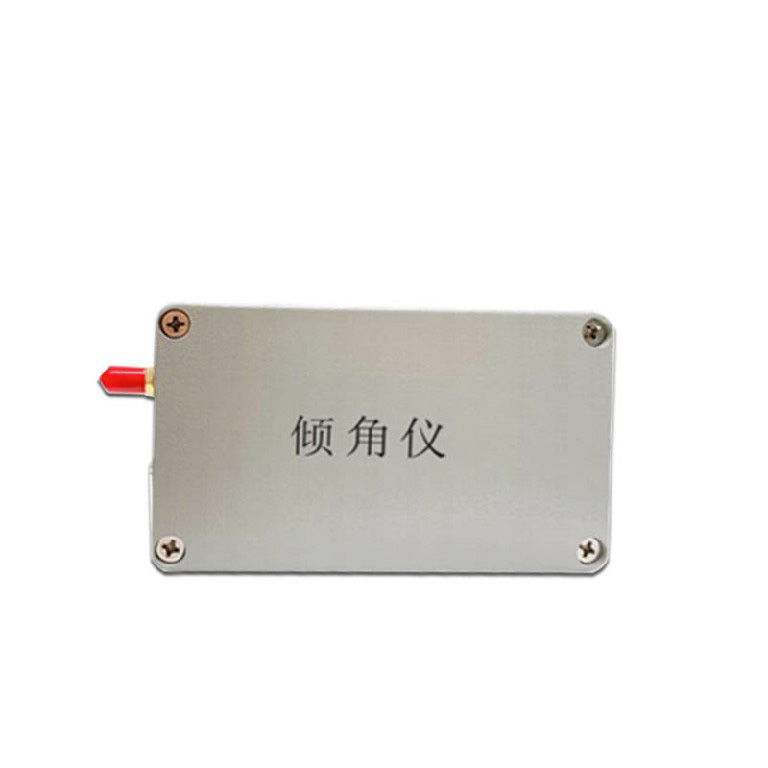The buoy, a seemingly small device, is actually a powerful carrier of water quality sensors, which cleverly integrates the power supply system, data acquisition system, GPS positioning system and data transmission system, thus constructing a full-featured online monitoring system for water quality buoys. Despite its small size, its internal structure contains a wealth of technical connotations, providing a powerful support for the convenient collection of water quality information.
The advantages of buoy-based water quality monitoring are as follows:
No need to build a station, flexible deployment:
The compact design of the buoy-type water quality monitoring station facilitates direct deployment in rivers, lakes, reservoirs and other waters without the need to establish fixed monitoring stations. This flexibility greatly reduces investment costs and deployment time, making water quality monitoring more efficient and convenient.
Real and reliable data:
Since the buoy is directly placed in the water body for monitoring, it can more accurately reflect the actual situation of water quality. This in-situ monitoring method avoids errors that may occur during transmission and processing, thus ensuring the authenticity and reliability of the data.
Real-time positioning ensures safety:
The buoys are equipped with a GPS real-time positioning system, which not only can accurately track their location, but also can send out timely alarms and carry out positional tracking when the buoys are "out of position". This function not only helps to ensure the continuity of the monitoring data, but also protects the safety of the buoy to a certain extent.
No external power supply, self-sufficient:
The buoy-type water quality monitoring station adopts a hybrid power supply method of solar energy and storage battery, which can ensure the normal operation of the system even without external power supply. This design makes the buoy water quality monitoring station unaffected by power outages, power cuts and other unforeseen circumstances, ensuring the continuity and stability of the monitoring work.

This paper addresses:https://fengtusz.com/industry/57.html









